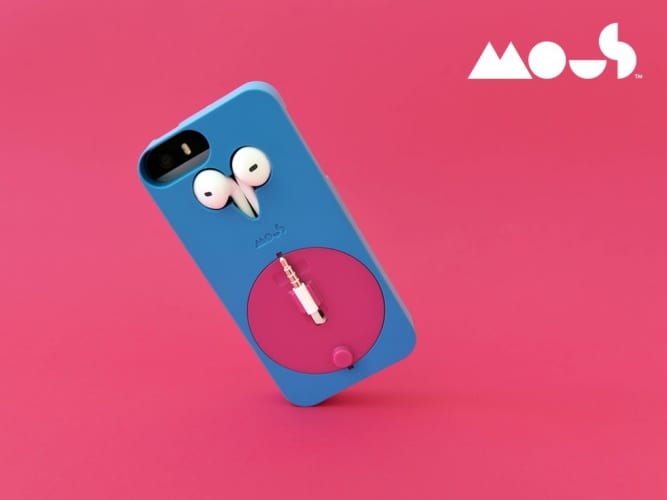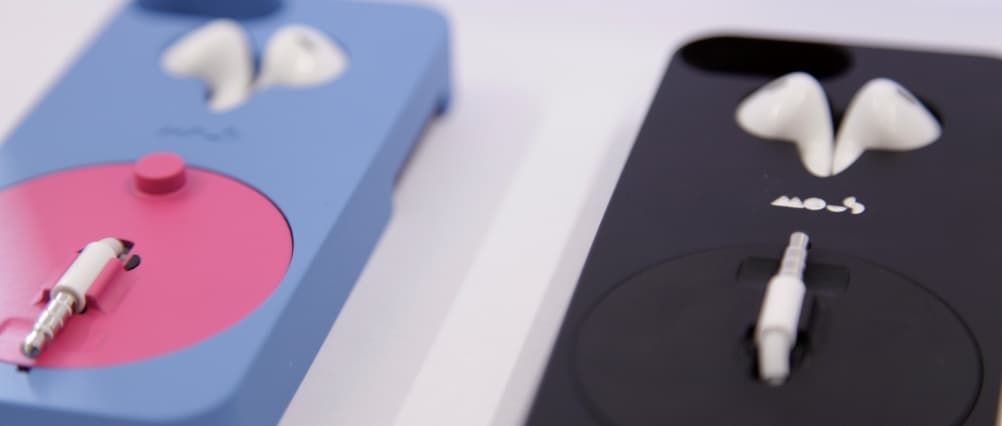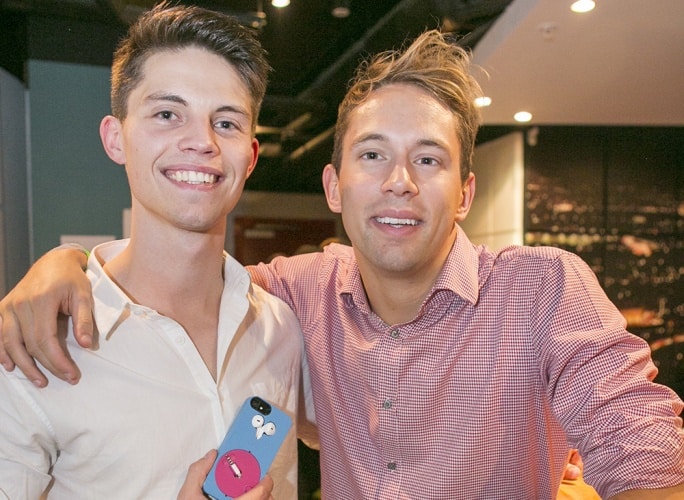I started my working life as a mechanic – most probably due to poor careers advice. It turned out that this was a good foundation for my future career as an engineer because it provided me with practical and technical skills. It was also where my entrepreneurial spirit began to show itself.
After a year of being a mechanic, I soon realised I wanted to be designing the camshafts and valves rather than fitting them. So after returning to college to get my A-levels I accepted a place on Oxford Brookes University’s renowned motor sport course.
Even at the introductory day, I knew I had finally found my passion. It was obvious to me that engineering can set you up for life. What employer could turn away a graduate able to solve a quadratic equation whilst fixing the office printer?

An engineering background provides you with so many skills that are essential for an entrepreneur: logical thinking, the ability to make good business decisions, mathematics (meaning you are not afraid of spread sheets and business plans), and a technical understanding that gives you a great overview of the technology around you.
But perhaps most importantly, an engineer never gives up! Completing an engineering degree is hard work, and this prepares you so well for your journey ahead.
From as early as I can remember, I have always wanted to create things and manage situations – not always to my benefit of course. I had this niggling feeling and, I suppose, an arrogance that told me: ’I could run this company way better’. After graduating I had a plan at the ready.
I set up a limited company and got a contracting job paid hourly for a local laser automation company. I learnt how to do the books and payroll and also learnt a lot about accounting while also taking in every bit of information from my work place that I could - this really set me up for taking the leap.
After 18 months of working for this company, the niggling feeling finally became impossible to ignore and I decided to start my own business and take my product to market.

Two major lessons I have learnt from the last three years are:
- Find a like-minded co-founde, preferably a co-founder with a different skill set. This totally changed the potential of my business. But be careful, you need someone with the same vision and approach to business.
- Business revolves around relationships and networks. Once I realised this and started building a team things really started to accelerate.

The biggest challenge I believe any entrepreneur faces, is overcoming other peoples’ opinions. It is a very hard balance to get right. You have to take peoples’ advice and experience on board, but at the same time, you have to be defiant, and follow your own opinion and gut feeling. After all, no one will see the vision you have.
At the start of my journey many people said to me “no one will buy that”, “no one will invest in that” and many more negative comments. And if I had listened to them, I would have never achieved what I have.
You have to stay resilient and strong, but sometimes people are right, and you need to know when to pivot and change direction.
If you’re interested in buying a Mous Musicase head to Josh’s Kickstarter page.
For more student careers news and advice follow us on Twitter and LinkedIn

Red Bull makes hydrogen fuel cell play with AVL
Formula 1 is an anachronistic anomaly where its only cutting edge is in engine development. The rules prohibit any real innovation and there would be...